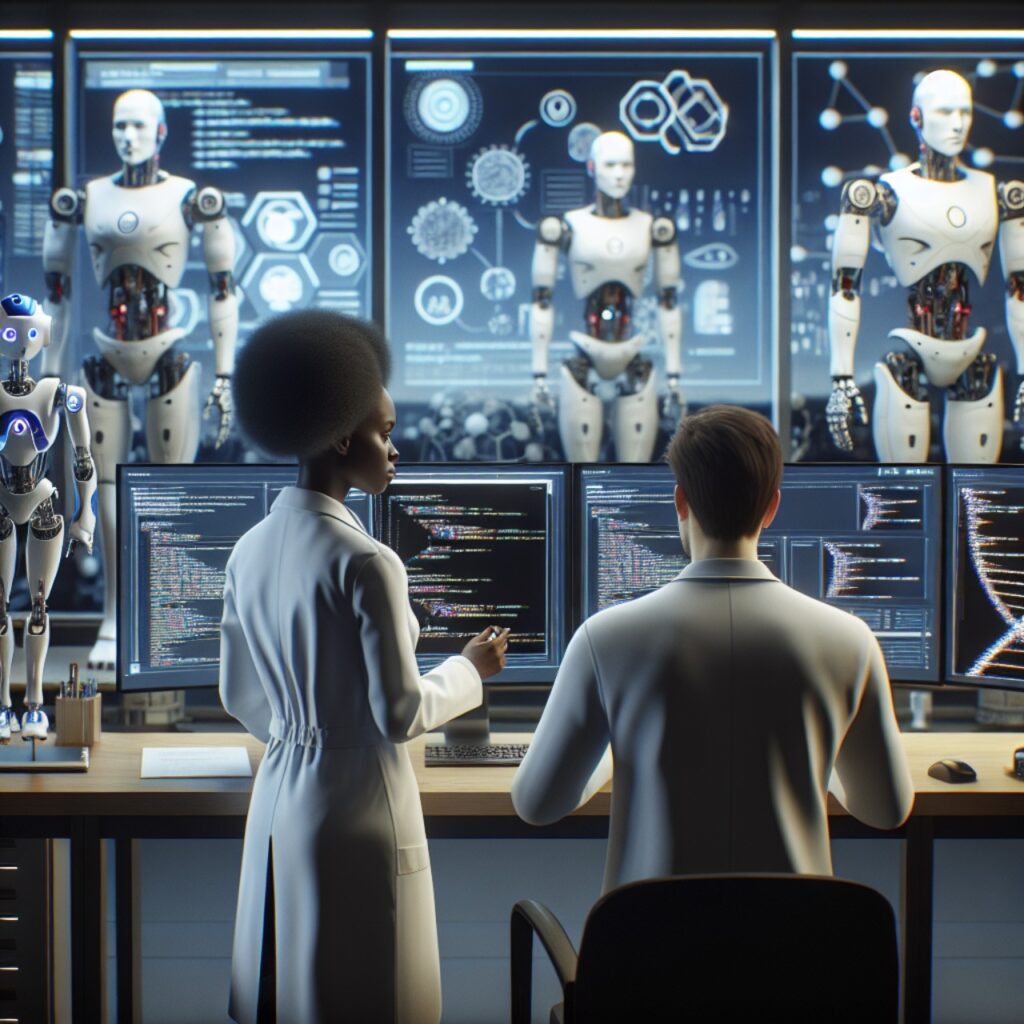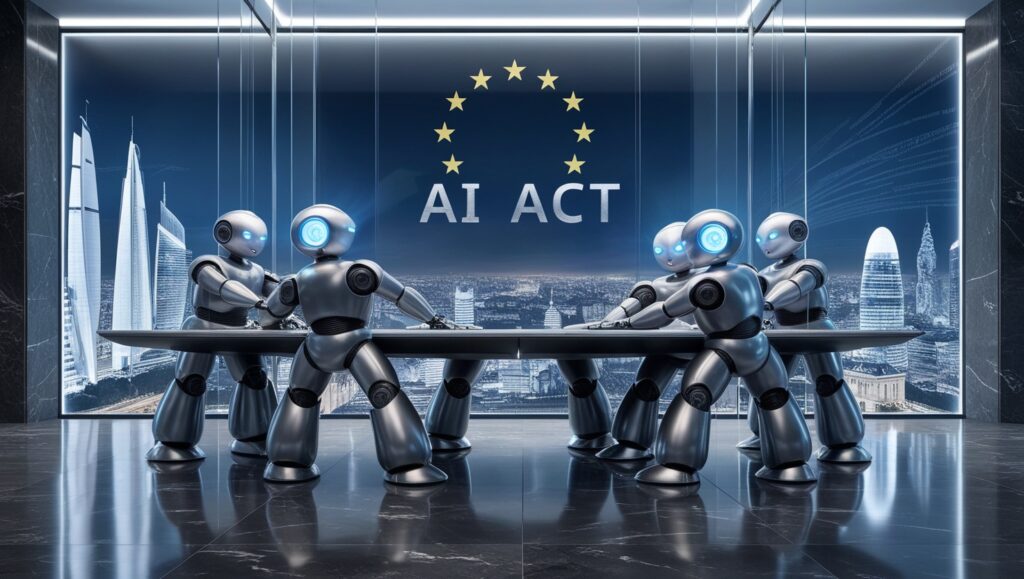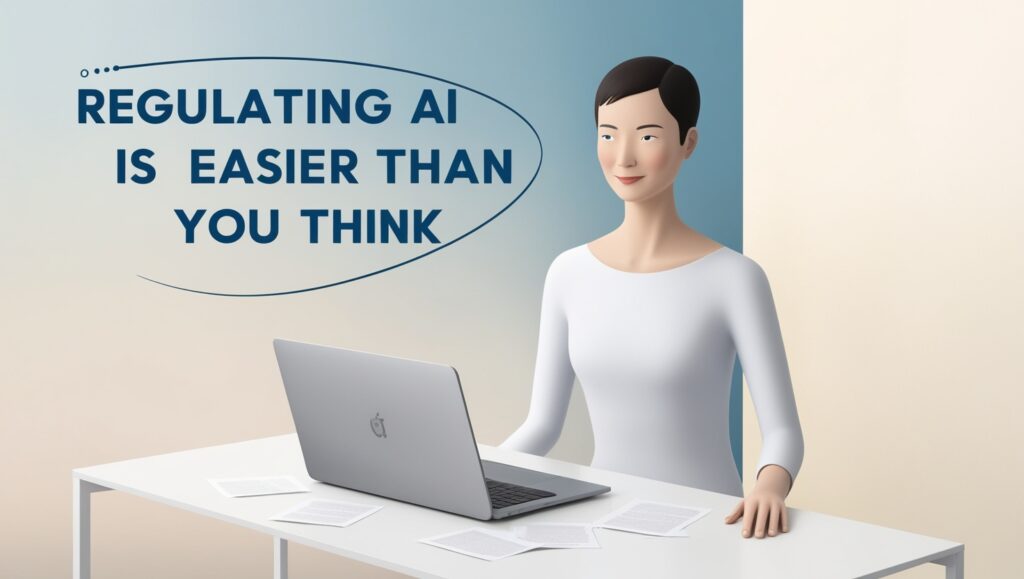China is home to many of the world’s factories; ChatGPT-like artificial intelligence is accelerating research and bringing humanoid robots closer to reality.
AI has existed for many years. With the introduction of OpenAI’s ChatGPT chatbot, artificial intelligence (AI) can now more effectively comprehend and produce content that resembles that of a human. Although the American technology isn’t officially available in China, regional firms like Baidu have introduced comparable AI models and chatbots.
Li Zhang, the chief operating officer of Shenzhen-based LimX Dynamics, stated that the development of generative AI in robotics can assist machines in comprehending and sensing their surroundings.
Li stated that, approximately three months after joining the two-year-old firm, he had reduced his expectations for the time it would take LimX to develop a humanoid robot that could assist in a household in addition to factory duties.
Li now projects that some use cases will be available in five to seven years, compared to his initial eight to ten year estimate for the entire process. He added in Mandarin that after working for a few months, he witnessed how AI enhanced the capabilities of numerous products. He said that it had expedited our entire cycle of research and development.
Businesses are seizing the chance with both hands. OpenAI is supporting firms that create humanoid robots, while Tesla, owned by Elon Musk, is working on its own project, called Optimus. Last year, only a few months after Agibot’s establishment, the electric vehicle behemoth BYD made an investment in Shanghai.
Furthermore, on a high level, a picture of Chinese President Xi Jinping during his first visit to Shanghai during the pandemic, which he took at an exhibition center, was released by Chinese official media in November. Fourier Intelligence is the company that created the robot. Factories can be a profitable, contained environment in which to place humanoid robots before they become commonplace, as LimX eventually hopes.
As per Stanford’s newest AI Index report, China has overtaken Japan as the world’s largest installer of industrial robots in 2013 and currently holds a majority share of over 50% worldwide.
According to the survey, the top three industries in China for the installation of industrial robots were electronics, automotive, and metal and machinery.
Impact on human jobs
However, advances in AI remain insufficient to completely replace human labor. According to LimX’s Li, mechanical constraints are a key reason why humanoids can’t yet replace human laborers, even if artificial intelligence (AI) enables a robot to think and make judgments on par with people.
Future Capital, one of LimX’s investors, has additionally put money into Pan Motor, a business that makes motors specifically for humanoids.
Eric Xia, a Future Capital partner and LimX investor, noted that generative AI is not a direct aid for robotic motions. However, he remarked in Chinese, developments in large language models can aid humanoid robots with advanced task planning. After the cost of a robot decreases, the transition to factory robots may happen more quickly.
Steve Hoffman, the chairman of Founders Space, a business accelerator, said he is collaborating with Fastra, a Chinese startup that he anticipates will be able to start producing robots on a large scale in a year. He claimed to have taught Chinese companies how to use generative AI while he was there this year.
Six orders from research institutions have already been received, he added, adding that the business hopes to reduce the cost each robot to between $50,000 to $100,000 by the time of launch.
He mentioned that they could sell a lot of robots if they could get the price point down to $50,000 and that the robots’ batteries could be charged while they were in operation, around the clock. might cover the robot’s cost in a year. Generative AI can lower expenses in pharmaceutical development without reducing the need for human labor.
“Reducing staff does not result in cost savings in our company”. According to Alex Zhavoronkov, CEO, executive director, and chairman of the board of Insilico Medicine, which has offices in Hong Kong, New York, and other locations, you can actually save money by conducting fewer unsuccessful trials.
He mentioned that big pharmaceutical corporations would usually have to shell out thousands of dollars to copy a molecule for testing, and that each program would involve a few thousand of these tests. He asserted that Insilico would only need to generate roughly 70 molecules for each program thanks to AI.
The business claimed to have advanced to phase 2 clinical trials for an AI-generated drug in a March study published in Nature.









